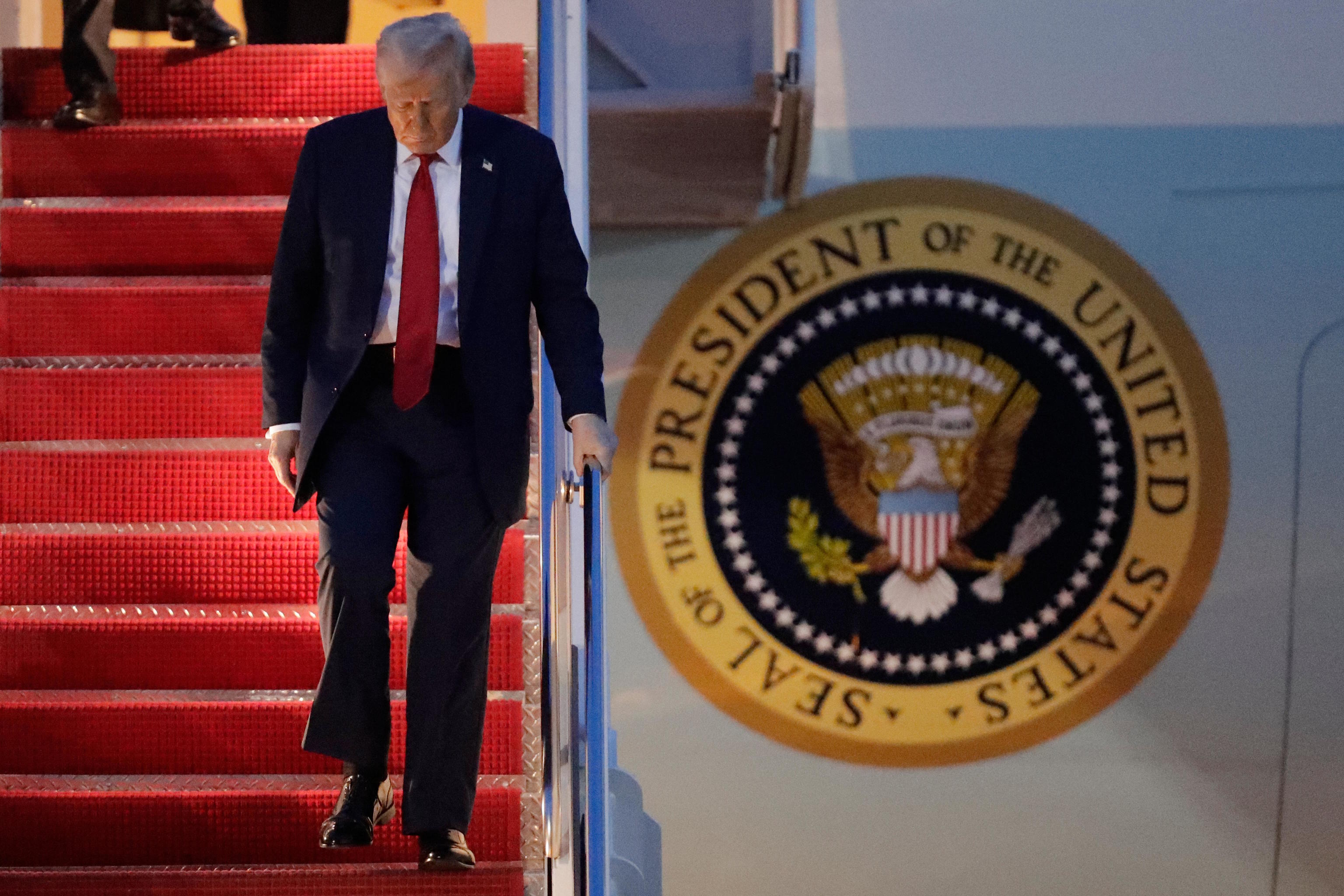According to KPMG Economics calculations, the round of tariffs imposed by Donald Trump on vehicles manufactured outside the US could raise the price of a new car by several thousand dollars, perhaps over $10,000 for the most expensive ones. According to a report from the Peterson Institute for International Economics, "President Donald Trump has announced the largest tax increase in at least a generation, since 1993 or earlier," by imposing 25% tariffs on most products from Canada and Mexico, along with a 20% increase in tariffs on products from China. "The direct cost of these measures to the average American household would be a tax increase of over $1,200 per year."
According to estimates from the Tax Foundation, protectionist measures "will reduce the US GDP by 0.4% and working hours by 309,000 full-time equivalent jobs," without even considering the effects of "foreign retaliation." And J. P. Morgan has revised downward its real GDP growth estimate for 2025 "due to increased uncertainty surrounding trade policy, the impact of current tariffs, and retaliatory measures from foreign trading partners," now expecting real GDP growth to be 1.6% for the year, 0.3% lower than previous estimates. "Increased uncertainty surrounding trade policy should affect activity growth. In addition, the tariffs already imposed will lead to a general inflation increase, pushing consumer prices up by 0.2 percentage points. Retaliatory tariffs would also slow down gross export growth," they warned this week.
The opinion of economists, academics, or the market is virtually unanimous: tariffs are bad, create inflation, and harm everyone. The reaction of Wall Street, with trillions in losses in a few weeks, also speaks volumes. The cries of indignation, denunciation, and desperation from neighbors, partners, and allies speak for themselves. Like the deterioration in popularity ratings. But all of that matters little to a president who believes that tariff is "the most beautiful word in the dictionary." Who argues that the late 19th century, when the government mainly earned from foreign product impositions, were the "golden years," the most prosperous and richest in US history, and that they can be brought back simply by reviving absurd policies for modern economies. A president who is convinced that the rest of the world "abuses and mistreats" and "has been ripping off the United States for the past 40 years and more." Who wants to sink them with trade deficits and who can use his strength to prevail over all. And by punishing imports, not only will transform the country from a consumer giant with feet of clay into an industrial power, creating millions of jobs. Or that thanks to hundreds of billions of dollars in annual revenue, he can massively lower taxes for citizens and companies.
Numbers, indicator declines, logic, and experience are of little use when someone like Trump calls April 2, when the "reciprocal tariffs" will come into effect, "the day of liberation." Or when he bluntly says, as he did in an interview on Saturday: "I couldn't care less if prices rise, because people will start buying American cars. I hope they rise."
This Wednesday will officially mark what The Wall Street Journal described, unleashing the White House's anger, as "the dumbest trade war in history." Self-inflicted, massive damage that takes relations between the major blocs of the world to an unprecedented level. And all that remains are uncertainties. Will they apply to 10 or 15 countries, to 200, will there be exemptions, will they be temporary.
It all starts from a real but partial fact, the trade deficit, which for example with Europe is huge in goods but the opposite in services, and also has to do with the strength of the dollar, the world's reserve currency, or the large US fiscal deficits. And from there, it transforms into a grotesque manipulation of history, bilateral relations, or concepts like VAT.
"Repeat after me: VAT is not a tariff. VAT is not a tariff. It balances conditions by ensuring that national and foreign companies pay the same tax when selling in the domestic market," important Olivier Blanchard, former chief economist of the IMF, recently exclaimed. "The concept of reciprocal tariffs makes no sense because the tariff levels of each country and sector are the result of decades of negotiations where concessions have been exchanged in some sectors for others. Furthermore, taken to the extreme, if the EU were to reduce a tariff to zero, the US should do the same. And it won't. It is simply a 'clever' concept for the Trump administration to set tariffs as it sees fit. For example, the tariff on European cars is not 25%, it is much lower. So there is no reciprocity," points out Federico Steinberg, Prince of Asturias Chair at Georgetown University and researcher at the Elcano Royal Institute.
In Trump's team, there is a confrontation between absolute believers in tariffs (Pete Navarro), newcomers who sugarcoat and sacrifice themselves for whatever Trump says (Howard Lutnick), or those like Treasury Secretary, Scott Bessent, who obey without questioning knowing it is a mistake, trusting that it will sink their internal rivals. Or those like Stephen Miran who aspire to a global economic revolution that devalues the dollar slightly but without affecting the currency's status as a global reserve.
As Politico reported this past weekend, "just days before Trump's announcement on global tariffs on April 2, which he himself dubbed as the 'Day of Liberation,' even those closest to the president (from Vice President J.D. Vance to his chief of staff, Susie Wiles, and officials in his cabinet) have privately indicated that they are not sure what the boss will do exactly," according to three people who have spoken with them. "No one knows what the hell is going on," in the words of a White House ally close to Trump's inner circle. "Are they going to impose tariffs? Who are they going to impose tariffs on and at what rates? That is, the most basic questions still have no answers."
